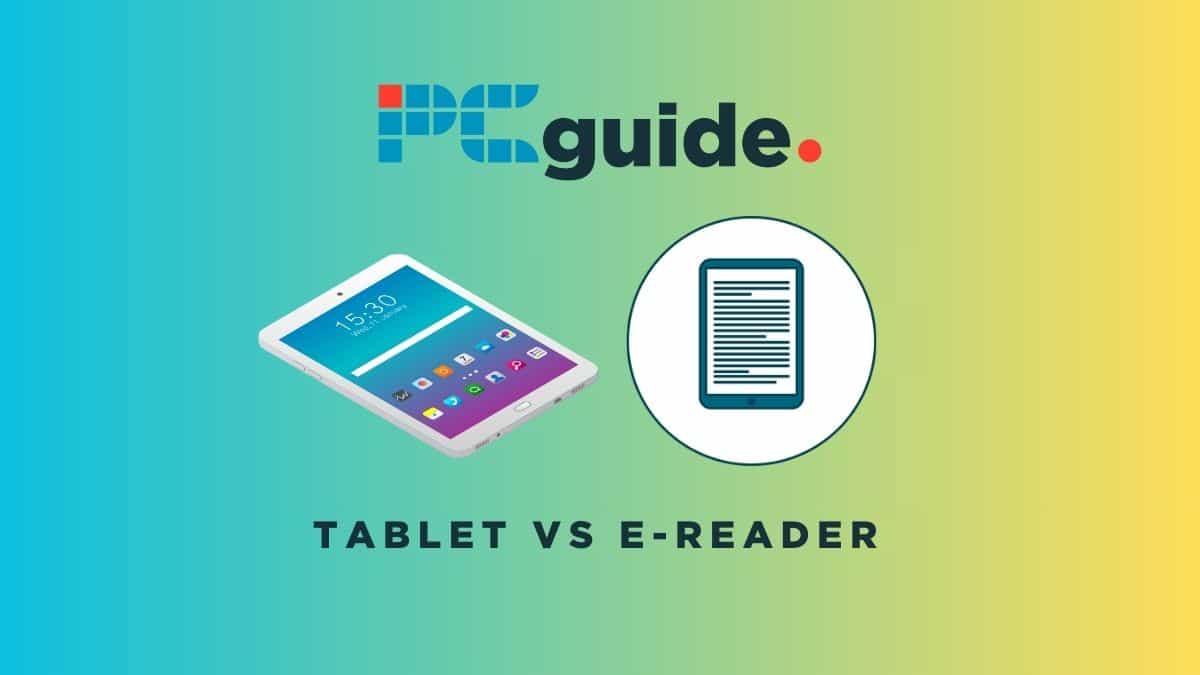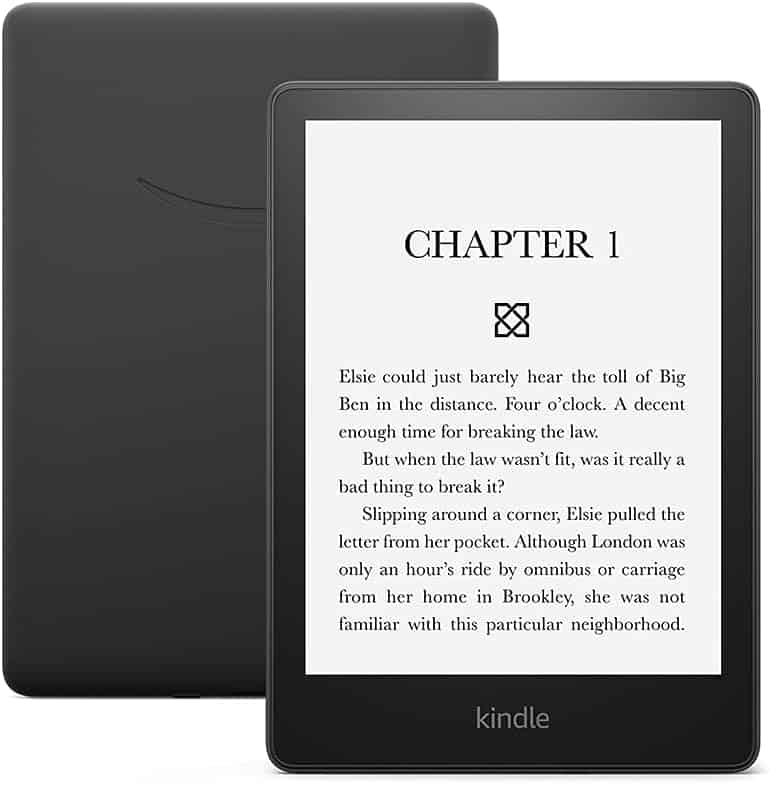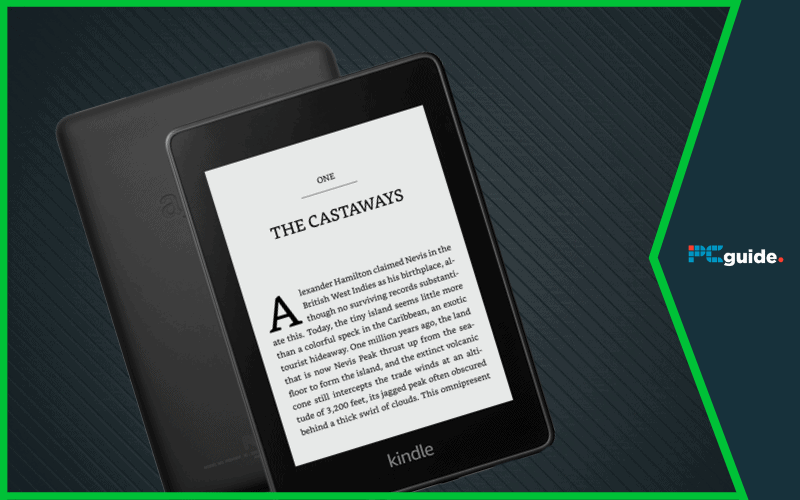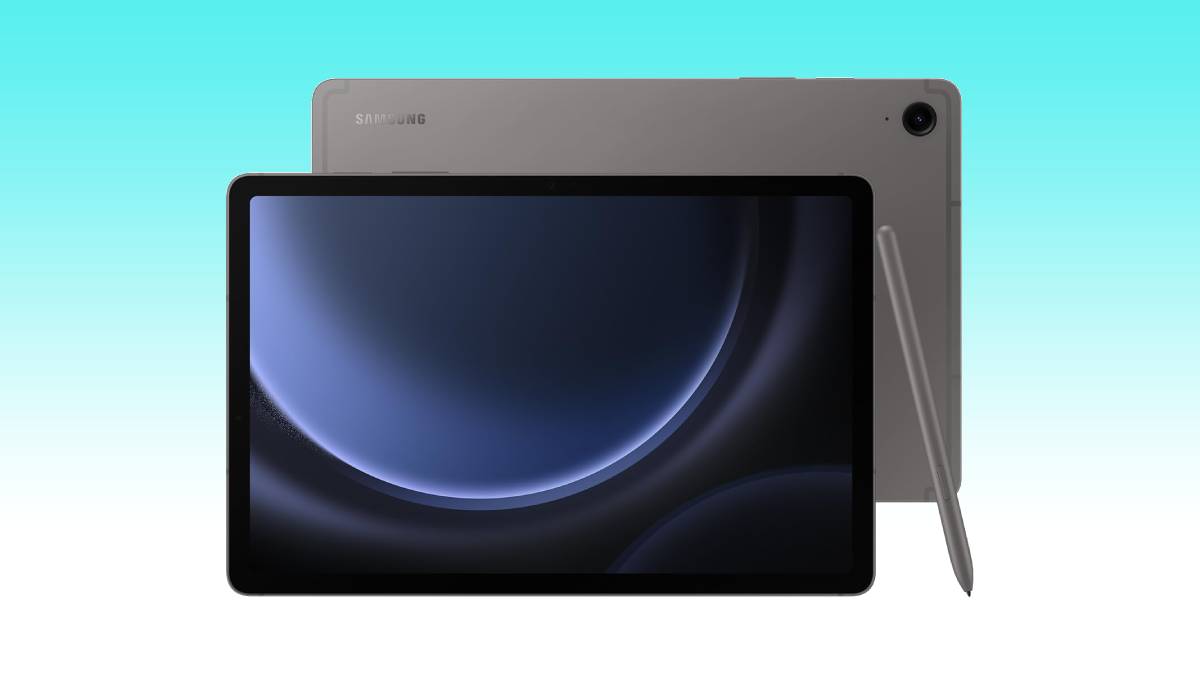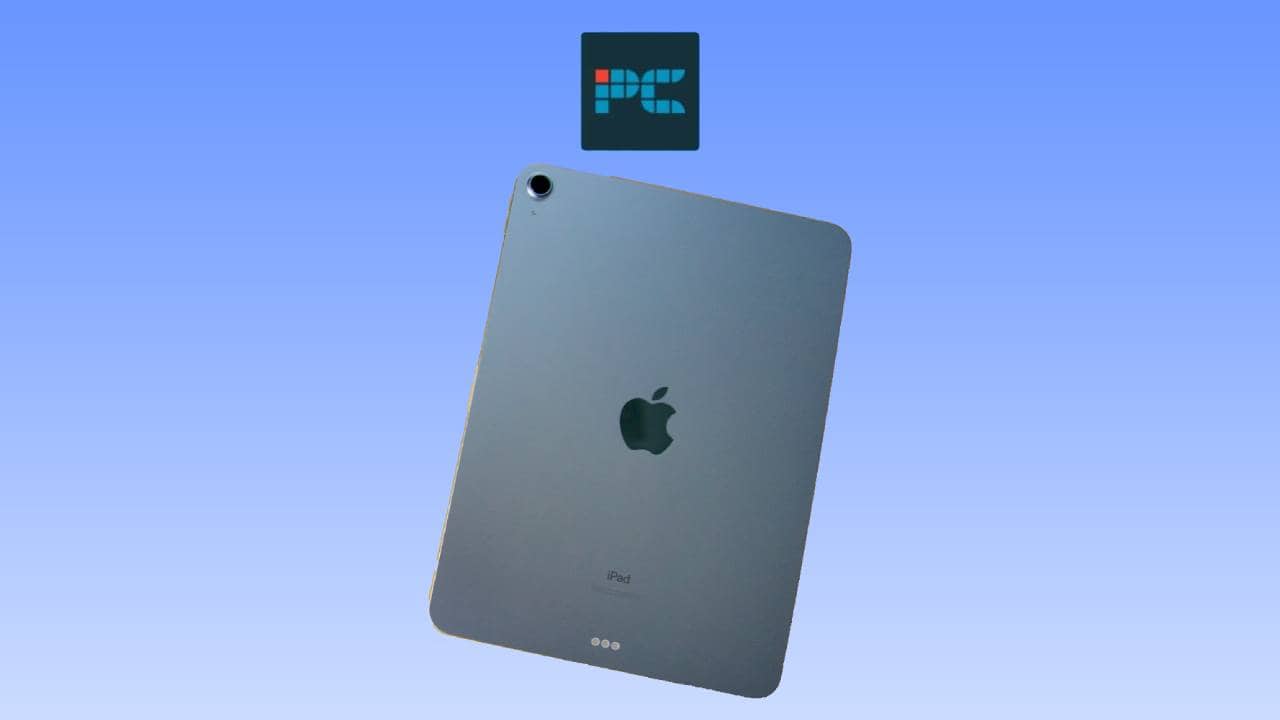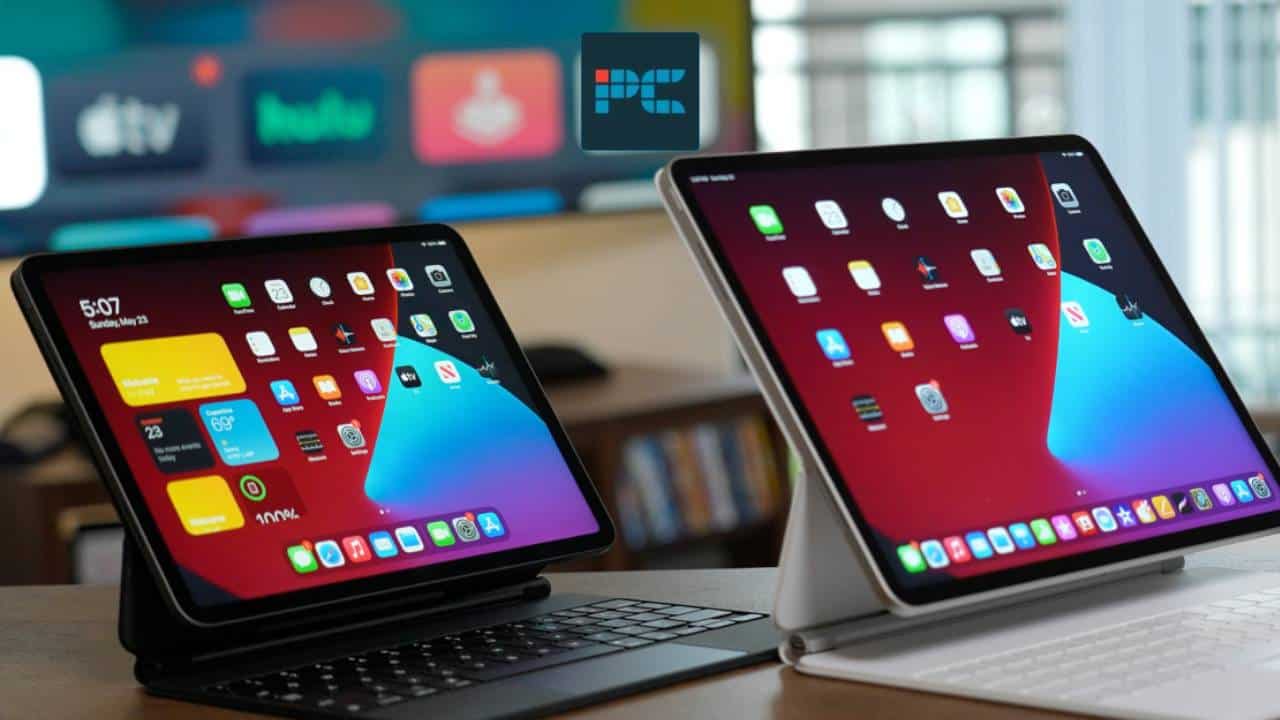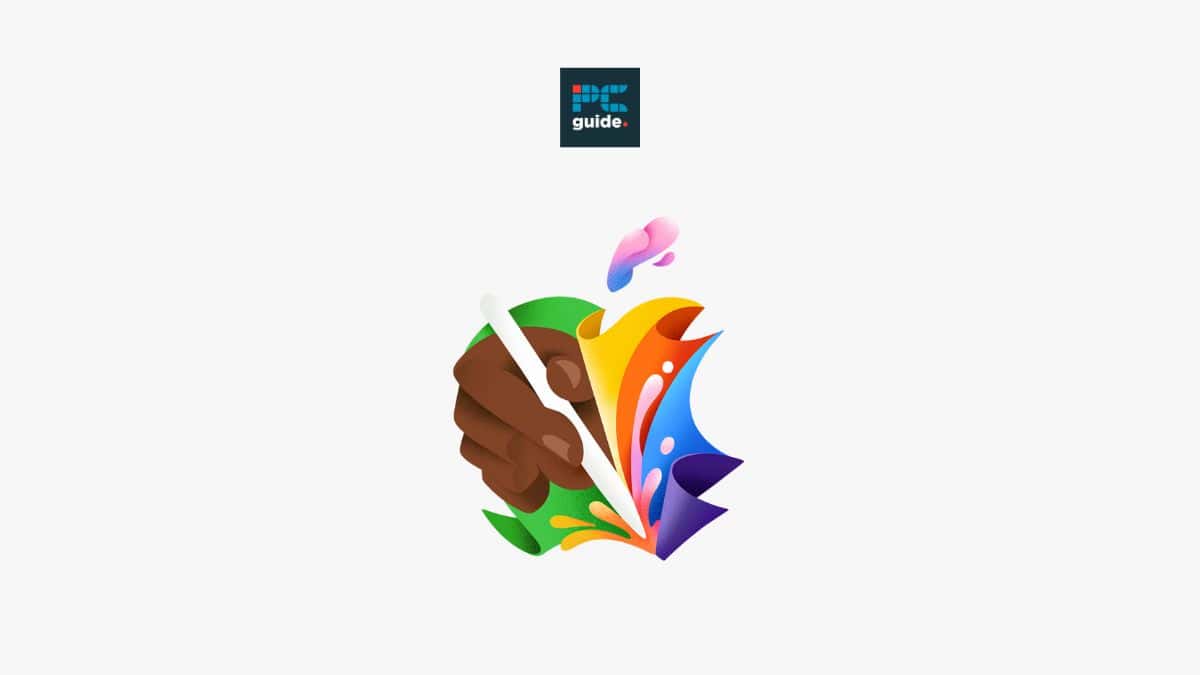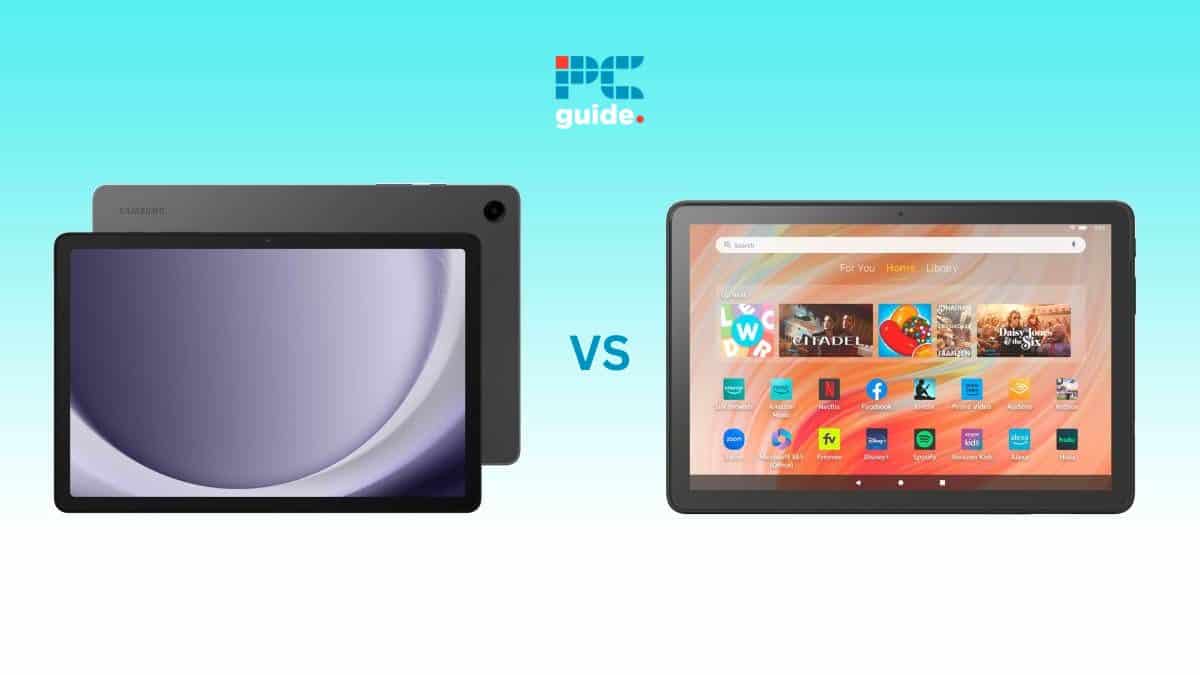Tablet vs E-reader – which is best for reading? In today’s digital age, reading enthusiasts have a multitude of options when it comes to accessing their favorite books and other written content. Two of the most popular choices are tablets and e-readers, both of which sport various unique features and advantages. While e-readers can house thousands of books without a struggle, a tablet is a more versatile device and goes a step further in its multitasking capabilities. So, in this article, we’ll explore the differences between tablets and e-readers, helping you to make an informed decision about which one is the best fit for your reading habits and preferences.
Tablet vs e-reader – what are the key differences?
While tablets and e-readers do have their similarities, ultimately, they differ in a lot of ways. E-readers have exploded in popularity over the past few years as people see the benefits of having a lightweight device with page-turn buttons designed to make your reading experience more convenient. On the other hand, tablets have become mainstream products that offer the functions of a laptop in a lightweight and portable device that can be used for recreation, such as social media and games, as well as productive uses, such as digital note-taking. Here’s a bit more depth into their main differences.
Screen type
One of the primary differences between tablets and e-readers lies in their screens. E-readers typically feature e-ink displays, which mimic the appearance of ink on paper. These screens are designed to reduce eye strain and provide a more comfortable reading experience, especially for extended periods. Additionally, a glare-free and matte screen improves the readability of readers in both direct sunlight and low-light environments (especially if your screen is backlit).
Alternatively, tablets use LCD screens or OLED displays that offer full color and multimedia support and, on the whole, tend to have a bigger screen size than their e-reader counterparts. However, while they might be better for reading graphic novels, the strain on your eyes might be greater after staring at a tablet screen for long periods.
Battery life
Battery life is an essential factor to consider when choosing a reading device, especially for avid readers who enjoy long reading sessions or frequent travel. E-readers have a significant advantage in this regard, as their longer battery life can typically last for weeks on a single charge. This extended battery life is due to the low power consumption of their e-ink displays.
Tablets, on the other hand, usually last for hours to a day or two, depending on usage, before requiring a recharge. However, while the battery may not last as long, you can, of course, do a wider range of things on a tablet device as opposed to the narrow usage of the e-reader. As well as reading, you can game, stream content, and of course, browse the internet.
Storage capacity
E-readers typically offer lower storage capacity compared to tablets. Most e-readers have storage options ranging from a few gigabytes up to 32GB. While this is generally sufficient for storing a substantial number of e-books, it may limit the ability to store additional media such as music or videos.
Tablets, on the other hand, offer larger storage capacities, with some models providing up to 1TB or more of storage space. This allows you to store not only your entire e-book library but also other media files, such as movies, music, photos, and a variety of apps.
Price range
E-readers are generally more affordable than tablets, making them an attractive option for budget-conscious readers. The price range for e-readers typically falls between $50 and $300, depending on the brand, model, and additional features.
Tablets, on the other hand, vary widely in price. Entry-level tablets can start as low as $100, while high-end models can surpass $1,000. While we’ve got a list of the best tablets for college and university for those specifically looking for a reading and note-taking device, we also make sure to cater to the budget-conscious with our picks of the best tablets under $200.
Reading experience
The reading experience is the core focus of any reading device, and it’s essential to choose one that aligns with your preferences. E-readers excel in providing a reading environment with fewer distractions, allowing you to immerse yourself in the text without interruptions. The e-ink display closely resembles the appearance of printed paper, creating a comfortable and familiar reading experience for book lovers.
Tablets, on the other hand, offer a more versatile reading experience. In addition to e-books, you can access a wide range of multimedia content, browse the web, and run various applications. If you enjoy reading books with images, magazines, or interactive content, a tablet’s full-color screen and multimedia capabilities will enhance your reading experience.
Is it better to use an e-reader or a tablet?
Choosing between a tablet and an e-reader ultimately depends on your reading habits, preferences, and intended use of the device. Here are some key factors to consider when making your decision:
- Reading preference
- Battery life
- Storage needs
- Budget
- Portability
Can you use tablets as e-readers?
Even though tablets are not designed to be used as e-readers, they can still serve the same purpose as an e-reader in several ways. You can download your favorite e-books on tablets and read them whenever you desire, thanks to their generous storage capacities. Furthermore, you can browse the internet, check emails, watch videos, play games, and more on tablets. While acting as an e-reader, a tablet also has the versatility to function similarly to a laptop, making it a perfect device for those looking for an e-reader that will go the extra mile.
Tablet vs e-reader – are e-readers better for your eyes?
On the whole, because the electronic ink (e-ink) display has been designed to replicate ink on printed paper, and e-ink screens have high contrast and reflect ambient light just like real paper. This reduces eye strain compared to reading on tablets, phones, and computer screens which emit their own light with an LCD display. Overall, the customized reading experience of e-readers is designed to be easy on the eyes for extended reading sessions. The lack of glare, adjustable fonts, and print-like display make e-readers a better option for long reading sessions compared to traditional books or digital devices.
Marla’s thoughts
So there’s the brief rundown on the tablet vs e-reader rivalry. While e-readers such as the Kindle and the Kobo have become popular for making reading e-books both a delightful and convenient experience, tablets are, on the whole, a more versatile device on which you can read books and stream movies. However, I think that both devices are rapidly evolving technologies; you can now get e-readers equipped with styluses for note-taking and tablets that can access AI to summarize articles for you. It’s exciting to think of the possibilities for tablets and e-readers in the future.


